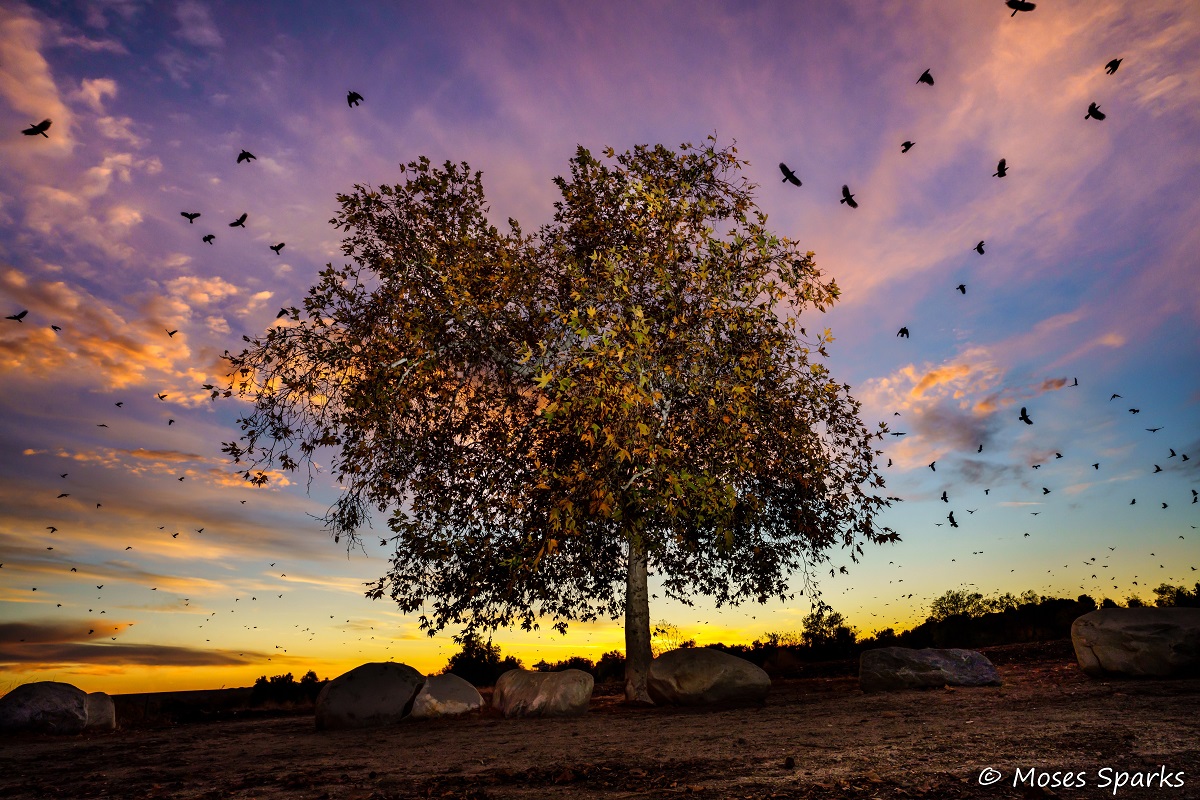With August halfway gone and September impending, our summer reading ambitions are, of course, in jeopardy. So why add to the list? Because I cannot resist the temptation. After all, it’s only a list, and who knows, maybe some reader(s) or I may get to some of these. So here are some random late-summer suggestions (in no particular order).
In the realm of politics, I am currently reading a terrifying book that I urge the not-faint-of-hope to read. The book is Jeremy Scahill’s Blackwater: The Rise of the World’s More Powerful Mercenary Army. As a former U.S. ambassador to Iraq writes: “Schahill’s expose of the Blackwater mercenary firm forcefully demonstrates the grave dangers of outsourcing the government’s monopoly on the use of force.” Or as Michael Moore puts it even more bluntly: “Of all the insane privatization efforts, none is more frightening than the corporatization of military combat forces.” The implications for our democracy with the implementation of this marriage of right-wing religious fanatics with corporate armies are sinister and potentially disastrous. And most of this is occurring off the public radar screen.
A second recommendation is a book written by the venerated Holocaust scholar Saul Friedlander, The Years of Extermination: Nazi Germany and the Jews, 1939-1945. With the recent death (August 6) of Raul Hilberg, Friedlander stands at the top of the summit of writers of this terrible era, and his latest book is an astonishing feat of research and narrative – a 663-page book with over 200 pages of footnotes, references and bibliography. It is not easy reading, but it is a book that, I believe, will become a “classic” of the period.
For shorter fare, I recommend a novel an English teacher-friend recently recommended. Somehow the book had escaped my attention, but once I started it, I literally could not put it down. Although published in 1993, it has already become a sort of Catcher in the Rye mini-classic. The work is Montana 1948 by Larry Watson, and it is an extraordinary evocation of the bygone era combined with a coming-of-age journey of a twelve-year-old boy and his confrontation with evil, ambiguity, the complexities of family, and all this presented in a simple, yet highly poetic style. It is a relatively unknown little gem.
Another superb novel, A Million Nightingales by Susan Straight, takes us back to the early 19th century world of slavery and the story of a young black girl’s experiences and her quest for meaning and freedom. Straight’s prose blurs the lines beautifully between prose and poetry, and her imagination combined with her stylistic powers create a haunting, heartbreaking, and ultimately inspiring story.
Finally, I recommend diving into just about any volume of poetry by the late William Stafford. Two volumes that I particularly like are The Darkness Around Us Is Deep and Even in Quiet Places. The first contains a wonderful intro by the poet Robert Bly and the second a long tribute by Stafford’s daughter, Kim. These are but two of the over 50 books written during his lifetime, books which are simple, clear and profound:
For it is important that awake people be
awake,
Or a breaking line may discourage them
back to sleep;
The signals we give – yes or no, or maybe –
Should be clear: the darkness around us
is deep.
At a poetry reading once, a woman in the audience said, “Why, these poems are so simple, I could have written them myself.” Stafford replied to her, “But you didn’t.” She looked up at him, and he added, “But you could write your own.” And it is Stafford’s genius that he takes us into places where we realize that, to fully make sense of things, we need to find ways to write our own stories, perceptions and poems, and that we need to find our own quiet place to do so: “…the darkness around us is deep.”












